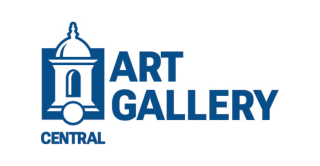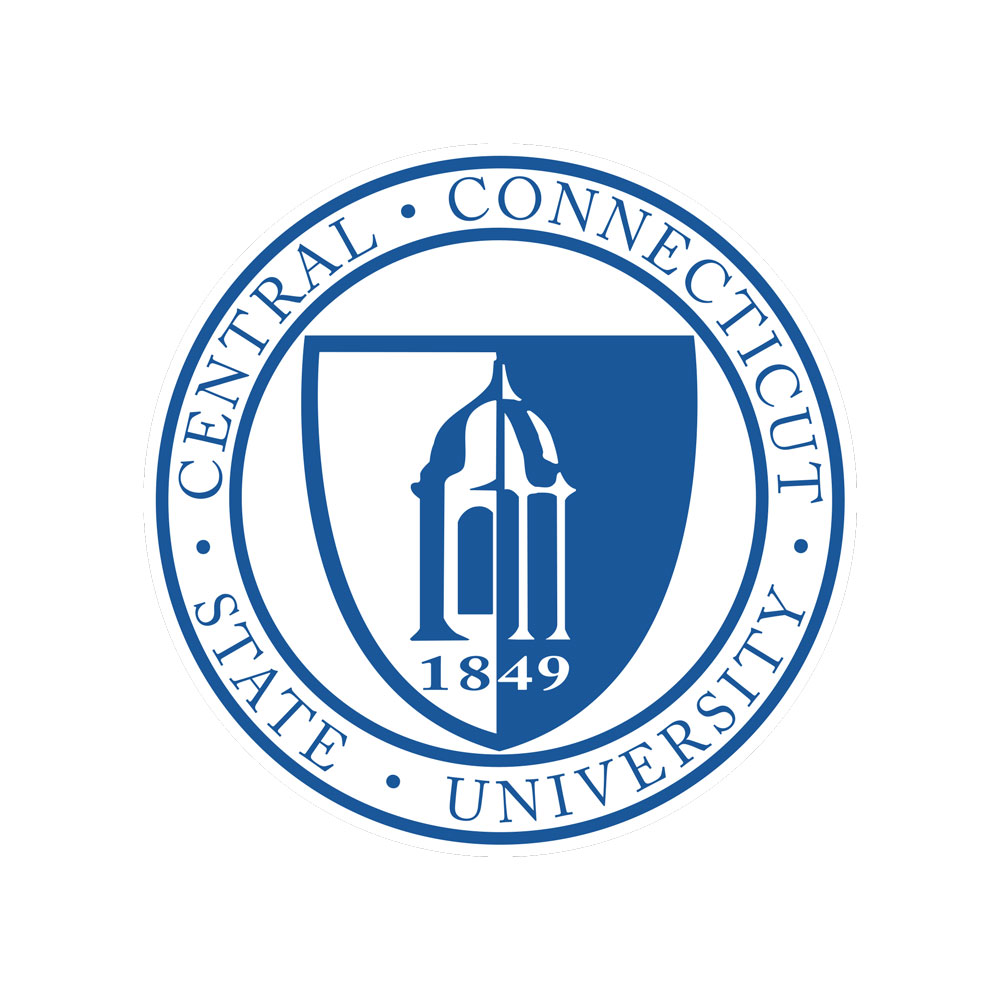
The program requires a minimum of three and a half years. The first year begins with a two-day orientation in mid-December, followed by one cohort course in the Winter session, and two cohort courses in the Spring, Summer, and Fall term. In addition, there will be a three-day residency requirement in mid-February and a one-week residency requirement in late June.
The residency is a comprehensive learning experience designed to supplement coursework and is required in order for students to meet the required contact hours.
In the second year, the program follows a similar format: one cohort course during winter session and two cohort courses in the Spring, Summer, and Fall term. There is no mid-February residency requirement in year two, but there is a one week residency requirement during the second summer session. An additional requirement during the second year is the preparation of an electronic leadership portfolio, in lieu of a written comprehensive examination. Students needing to fulfill specialization requirements will enroll in additional courses during the program in consultation with a faculty advisor and approval of the strand coordinator. The timing of the course completion will vary from student to student.
The third year is devoted primarily to dissertation research and writing. Additional requirements in year three include a final, one-week, residency in the summer session and a final, three-day, course in the spring or summer term. Some students do not finish in the minimum amount of time and must continue to register for one dissertation credit per semester until all dissertation requirements are completed.



